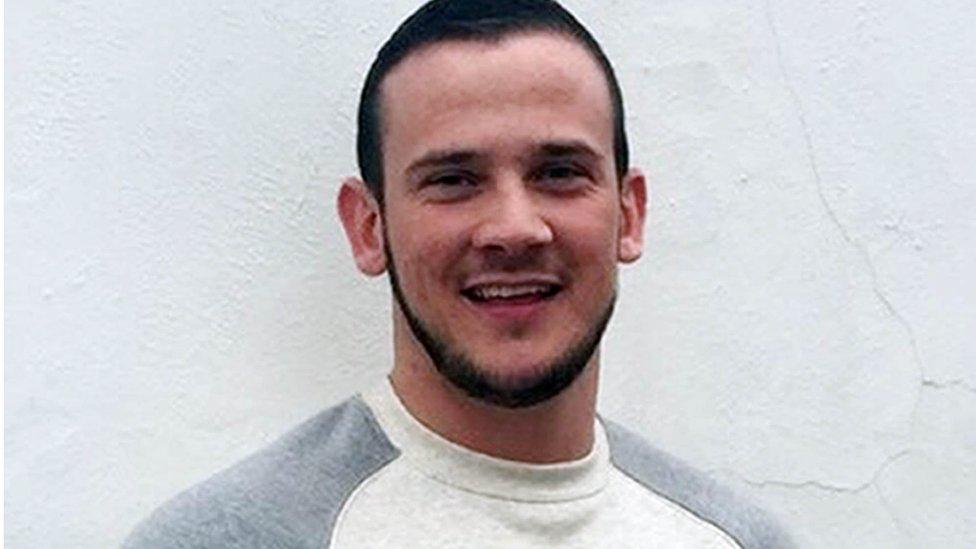Victims' law call amid falling confidence in criminal justice
- Published

The victims' commissioner for England and Wales has called for a law to ensure people affected by crime are treated properly as they wait for justice.
Dame Vera Baird QC said victims had for too long been treated like bystanders.
She said mounting evidence of a loss of confidence in criminal justice was driven by people's experiences.
The government is introducing a new victims' code and has promised to consult on creating legal rights.
In a wide-ranging report, Dame Vera said falling confidence in criminal justice could only be restored by treating victims as participants rather than outsiders in events that could have been pivotal moments in their lives.
She calls for the police, courts and prosecutors to be made legally accountable for basic standards of care:
Victims should be fully informed about what's happening with an investigation
Vulnerable victims should have a guarantee of specialist support
Rape complainants should get free legal advice before they hand over access to their social media, the contents of which may be used in a trial
"There is a collapse in confidence and it is not just about Covid [backlogs in courts], and it's not just about delay," Dame Vera told the BBC. "It is very largely to do with how people are treated."
She said that a victims' law would be a once in a generation landmark piece of legislation that would transform experiences.
"We are trying to put the victim at the centre of the criminal justice system. The defendant stays securely where they are, well protected. But at the moment, because all the focus is on prosecuting, investigating and making sure that the defendant has a fair trial, nobody's duty is to look after a victim."
Dame Vera recommends that compensation due to a victim should be paid to them directly by the court. Under the current system, offenders often pay tiny instalments to the court because of their limited means, meaning it takes years for the money to come through.
She also calls for people who have experienced anti-social behaviour to be recognised as victims of crime and given appropriate support.
While a specific victims' law would be entirely new in England and Wales, it has been successfully implemented in parts of Australia, which has the same style of criminal justice system.
Conservative governments have promised for six years to place a legal duty on the criminal justice system to properly look after victims. Ministers say they will consult on that proposal later this year - 30 years after the first code of conduct towards victims was published.
The latest version of that code will be introduced in April - but critics say that without legal teeth many victims will not benefit from its promises to ensure they are listened to and kept informed. Labour has separately launched its own attempt to create a victims' law, although it stands virtually no chance of becoming law.
A government spokesperson said: "Our new code enhances the rights of victims at every stage of the justice process. But we plan to go further, strengthening and enshrining these rights in a new victims' law.
"We are also investing millions in vital support services, recruiting more independent sexual and domestic abuse advisers, and reviewing the entire response to rape to build back confidence in the justice system."
Related topics
- Published9 February 2021
